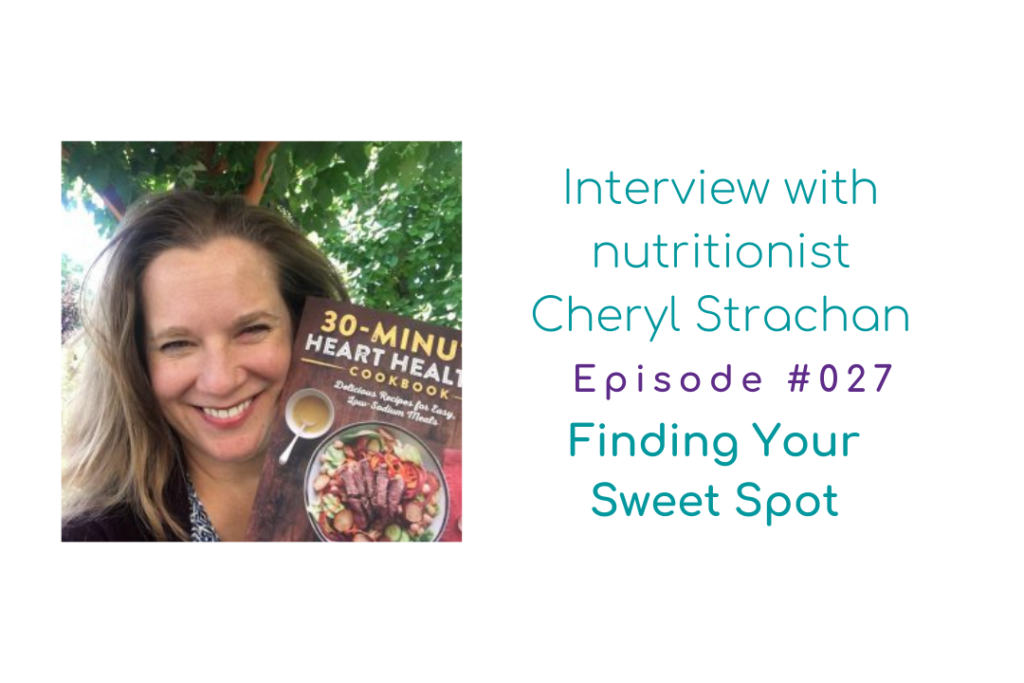
Alcohol and Your Heart: Finding Balance After a Cardiac Event
“Oh no, do I have to give up red wine?!”
Sallie Crawley
That was one of the many thoughts racing around my head at 100 mph when I found myself lying in a hospital bed after a heart attack. After being told I had heart disease, I assumed: yes, alcohol must be off the menu.
But the truth is a little more nuanced. Let’s explore it gently, compassionately and with kindness so you can make informed choices, rather than feel punished.
Listen here and read on for more….
Why We Care About Alcohol & Heart Health
When you’ve had a heart attack, surgery or a cardiac diagnosis, questions inevitably pour in: Has my drinking contributed to my condition? Do I have to stop altogether? Will I still be able to enjoy my “wine & whine” nights with my friend?
Here’s what the evidence says:
- Excessive alcohol consumption is clearly harmful: it raises blood pressure, affects the heart muscle, contributes to obesity and diabetes all of which impact heart health.
- World Health Organisation (WHO) now states: “There is no safe level of alcohol consumption that does not affect health.”
- Guidelines vary significantly between countries and crucially, they are for healthy adults. If you have a heart condition, the context is different.
So yes: you may be able to drink in moderation. But you also need to consider your unique heart health, medications and personal risks.
The Myth of “Red Wine Is Good for the Heart”
We’ve all heard it: a glass of red wine a day keeps the cardiologist away. But let’s be honest.
- There’s no silver bullet drink that guarantees heart health.
- Any enjoyment you derive from wine or other alcoholic drinks must be balanced against risk.
- If you have a heart condition, the “moderation” advice needs tailoring.
In short: you don’t automatically have to never enjoy red wine (or your favourite tipple) but you do need to make it purposeful, limited and aligned with your recovery goals.
What to Consider: Practical Points
Here are the key things you and your heart‑smart self should think about when it comes to alcohol:
1. Alcohol has zero nutritional value
You’re drinking “empty” calories. These calories don’t fuel in the same way as good nutrition they can contribute to weight gain, which adds stress to your heart.
2. Alcohol and blood pressure
Excessive drinking and binge episodes raise blood pressure, strain the heart muscle, and increase risks of heart disease and stroke.
3. Medication and alcohol interactions
If you’re on heart medications (for example, blood‑pressure drugs, anti‑platelets, heart failure medicines), alcohol may reduce their effectiveness, alter metabolism or increase risk.
4. Alcohol affects your entire body
It influences liver, kidney, brain and heart. Waking up after a heavy night before feeling foggy and sluggish, shows alcohol impacts brain and body performance. That same strain applies to heart health.
5. Moderation is the keyword
I’m not saying “never enjoy a glass”, what I’m saying is “let’s make it intentional, moderate, mindful.”
For many people with a heart condition, that means fewer drinking days, smaller amounts, and being very clear about why you’re choosing that drink.
What the Guidelines Say (UK, Canada, Australia, NZ, US)
Here’s a snapshot of official low‑risk drinking guidance in a few English‑speaking countries. Note: these apply to healthy adults, not specifically to people with a heart condition. Only correct at time of writing.
- United Kingdom: Up to 14 units per week for men and women, spread over 3+ days.
- Canada: Women: no more than 2 standard drinks per day, 10 per week; Men: no more than 3 per day, 15 per week. They also emphasise some alcohol‑free days.
- Australia & New Zealand: Guidance suggests lower weekly totals and emphasises individual risk, plus a number of alcohol‑free days.
Important update: The WHO emphasises that there is no safe amount of alcohol that avoids all health risk. (World Health Organization)
Bottom‑line for you: If you’ve got a heart condition, treat any alcohol intake as a special decision and ask your cardiologist or heart‑care team about YOU.
What does 14 units of alcohol look like?
🍺 1 pint of lager- 3 units
🍷 1 small glass of wine- 2.3 units
🥃 1 single spirit with mixer- 1 unit
🥛 1 pint of bitter- 2.8 units
🍾 1 bottle of wine- 10 units
🍻 1 bottle of cider- 3.8 units
You’re probably drinking more than you thought right? Don’t worry, most people are!
So… Do You Have to Give Up Alcohol?
Here’s my answer: Probably not, but there are caveats.
You do not have to throw away every glass if:
- Your heart condition is stable, and
- You’ve discussed it with your cardiologist, and
- You’re drinking within a safe, moderate framework, and
- You’re mindful of medication interactions, weight, blood pressure and overall lifestyle.
However, you might have to give up or restrict alcohol if:
- You have other risk factors (liver disease, uncontrolled BP, heart failure).
- Your doctor strongly advises it (some conditions require zero alcohol).
- You find you cannot moderate (binge‑episodes, loss of control).
How to Start Moderating: Smart Steps
Here are some practical, heart‑friendly ideas you can use now:
- Only buy one bottle of wine instead of four.
- Limit “drinking days” and designate alcohol‑free days.
- Alternate a glass of wine with a glass of water when out.
- Eat before and while you drink as food slows absorption.
- Explore non‑alcohol alternatives (non‑alcoholic beer, mocktails, “No G” gin, Nosecco (Prosecco alternative) or other alternatives).
- Use exercise as your feel‑good replacement – walks, gentle workouts, fresh air.
- Share your plan with family and friends; they can support you.
- Monitor your blood pressure, heart symptoms and weight. If you notice changes, reassess your drinking.
The Positive Benefits of Reducing Alcohol
When you pull back on alcohol, you’ll often gain:
- More energy
- Improved mood
- Greater mental clarity
- Better sleep
- Lower blood pressure
- Reduced strain on your heart
- A sense of empowerment (you’re actively caring for your heart)
In my journey, I found: the red wine could stay – but on my terms and with my heart health first.

If you’ve had a cardiac event such as a heart attack, arrhythmia, heart failure etc., or you’re on heart medications, always check with your cardiology or medical team. They will consider your exact diagnosis, other conditions, medications and tell you whether any alcohol is acceptable, or what moderation means for you.
For someone with heart disease, “moderation” can mean a much lower level than the general population.
The word to remember is moderation. The red wine doesn’t have to be banished but the rules change once your heart is involved. Remember you are allowed to live your life happy. Check first and know that it’s safe for you, and then go live and enjoy celebrations and special occasions being mindful.
Think of it this way: you’ve done the hard work of recovery, of looking after your heart. Let alcohol support your life not challenge your heart. Choose with intention, monitor your body, and enjoy your drink wisely.
As always, I’m here walking beside you on your heart‑smart journey.
In this interview, I discuss moderation with Cheryl.
Whilst the subject does relate to food, we also mention alcohol. Please note this episode was recorded in early 2024, so some recommendations have changed since then.
Hear about her journey becoming a registered dietitian specialising in cardiac rehab and her passion for helping individuals find their sweet spot in nutrition. It’s a fun interview and involves chocolate and wine!


